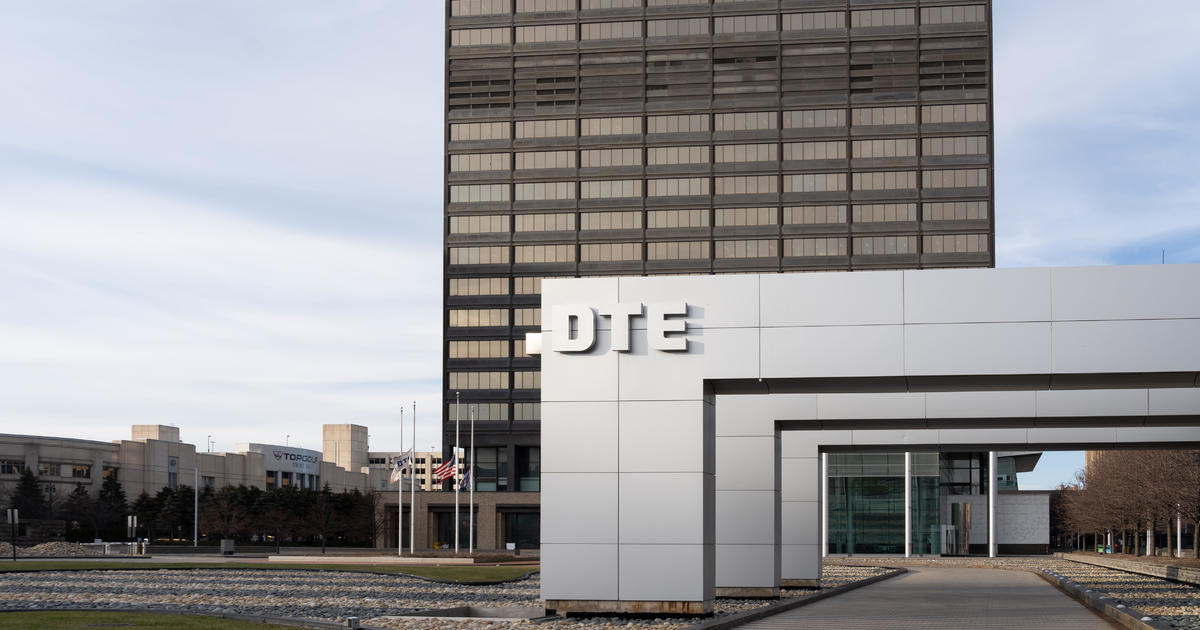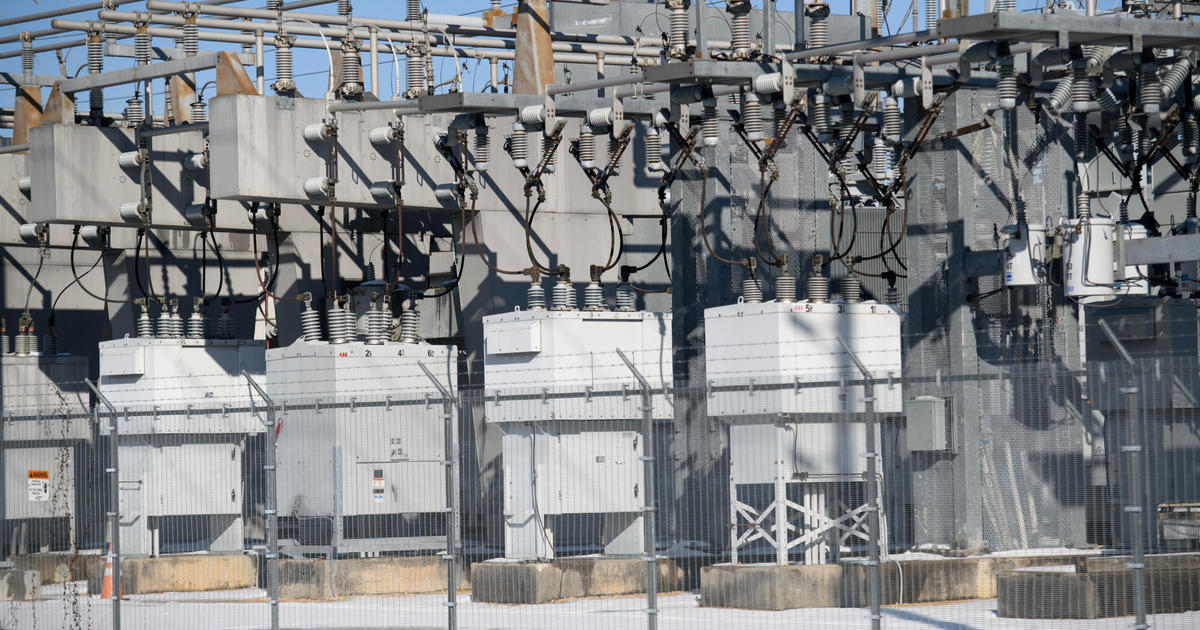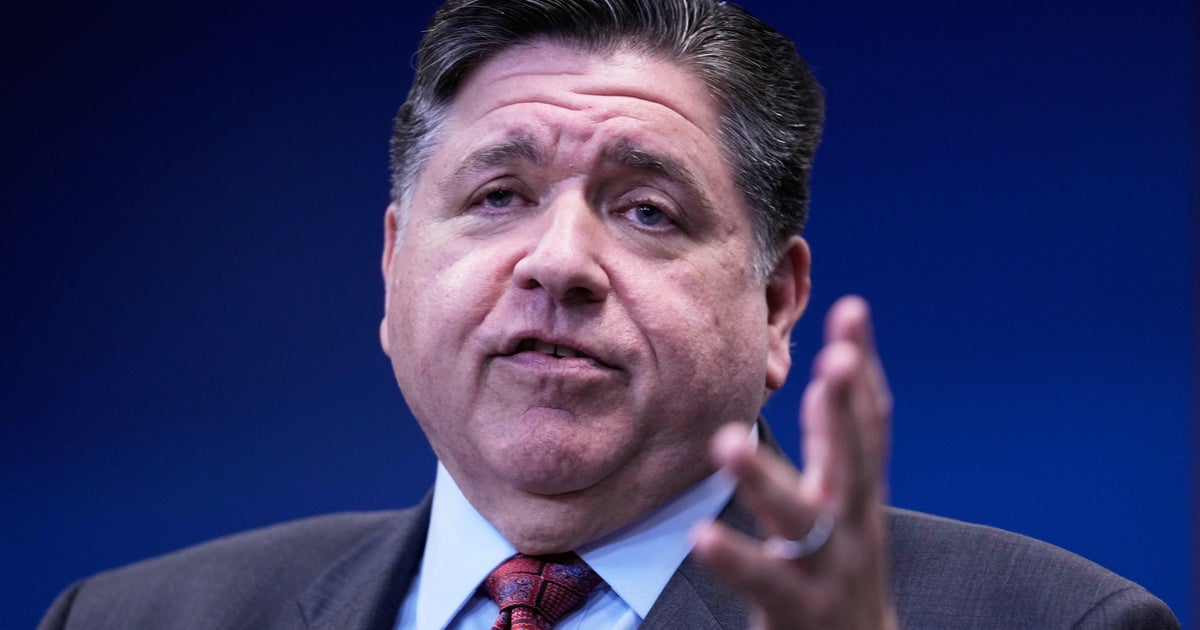Wal-mart, Others Want Out Of State Energy Efficiency Program
TALLAHASSEE (CBSMiami/NSF) - Wal-Mart and a group representing other large users of electricity say they can do a better job of saving energy if state regulators would let them opt out of a nearly 35-year-old conservation program.
However, the state's most influential energy providers told the Florida Public Service Commission on Wednesday that such a one-sided proposal would shift costs to small businesses and residential customers. And an environmental group says the "radical" proposal could further diminish conservation efforts in Florida.
The commission, which is waiting for a staff recommendation on the proposal, isn't expected to rule until September or early fall on the opt-out proposals from Wal-Mart and the Florida Industrial Power Users Group, which represents large electricity users.
The opposing camps squared off Wednesday over the potential impacts of separating the energy-efficiency payments and the demand-side management programs that are part of the Florida Energy Efficiency and Conservation Act. Since 1981, the act has allowed Florida's investor-owned electric utilities to recover more than $6 billion to pay for conservation expenditures in the demand-side management programs, which includes rebates and incentives for energy-efficiency initiatives.
The conservation efforts have been credited for reducing both winter and summer peak power demands.
The proposal would allow Wal-Mart, as well as others that use massive amounts of energy --- including large grocers, cement manufacturers and phosphorous companies --- to opt out of paying the energy conservation charge on their bills.
Wal-Mart attorney Robert Scheffel Wright and Jon Moyle, representing the large energy user group, noted there are models Florida could emulate. A number of other states have similar opt-out programs.
Moyle and Wright said that if Florida's opt-out program is properly managed, through measures such as requiring companies to hire professional engineers to certify that energy-efficiency goals are being met, costs wouldn't fall to other users, as Duke Energy, Florida Power & Light, Tampa Electric and Gulf Power contend.
In fact, Wright and Moyle added that the large energy users will probably exceed the state minimums if they're allowed to run their own conservation programs.
Customers would "have to meet the utilities energy percentage savings goals as established by your decisions," Wright told commissioners. "So opt-out cannot result in any less energy conservation than utilities programs and can reasonably be expected to produce more savings, because we'll probably be doing a cushion and doing more than the minimum specified by your goals."
Kenneth Baker, a Wal-Mart corporate senior manager, testified before the commission that the company already runs a number of energy-efficiency programs on its own. And, he added that by being forced to pay into the rebate program, they don't have money for other "innovations" that could be implemented to conserve power.
"We tend to pay into the rebate program ... much higher numbers than we get back in rebates," Baker said. "I think that some of the money that we're now spending on rebates could go towards other energy-efficiency measures."
The demand-side management program allows consumers who participate to receive rebates for improvements such as reflective roofing, new heat pumps and motors, attic insulation and air-conditioning upgrades. The intent of the program is to reduce the overall demand for power.
Representatives from the power companies declined to provide estimates on how much the rebate programs costs private companies like Wal-Mart. Nor could they give "a good estimate" on the impact to remaining customers if large users are able to opt out of the conservation program.
FPL executive Thomas Koch told the commission the costs could be in the millions of dollars just for the administrative changes to the conservation programs. And he said that while different states have various opt-out proposals, each is different and shouldn't simply be used to consider whether to put such a program in place in Florida.
"Just because somebody else did it doesn't mean it's a good thing for Florida," Koch said.
Dianne Triplett, representing Duke Energy Florida, said the state needs to maintain clear guidelines that are fair to all customers.
Jessica Cano, representing Juno Beach-based Florida Power & Light Co., the state's largest energy provider, said Wal-Mart and other large energy users can continue to seek energy-saving measures without shifting costs to those remaining in the programs.
"And of course, Wal-Mart and FIPUG are not requesting to opt out of the (demand-side management) programs from which they receive bill credits paid for from the general body of customers," Cano noted.
George Cavros, representing the Southern Alliance for Clean Energy, an environmental group, argued that such a "radical policy change" would "further erode energy efficiency as a resource in Florida."
He argued that more hearings and analysis, including input from experts for states that have similar programs, are needed before the commission completes its review.
The Southern Alliance is backing a constitutional amendment that would allow businesses such as Wal-Mart to generate and sell a small amount of solar power to customers on the same or neighboring properties.
The News Service of Florida's Jim Turner contributed to this report.







